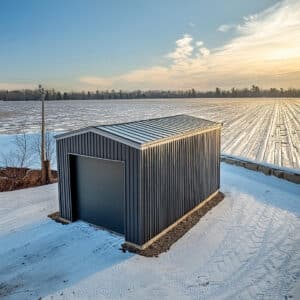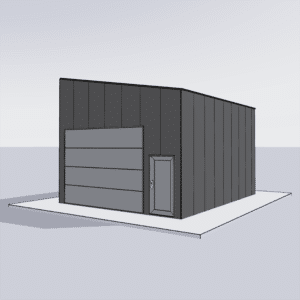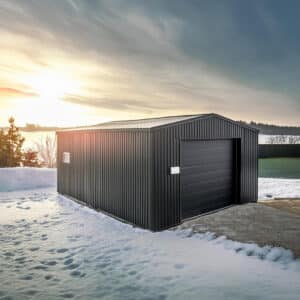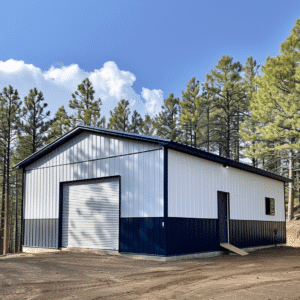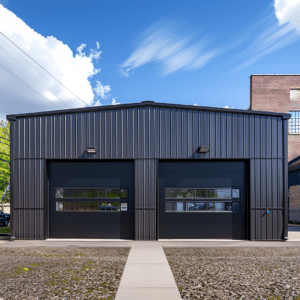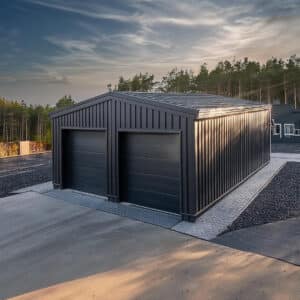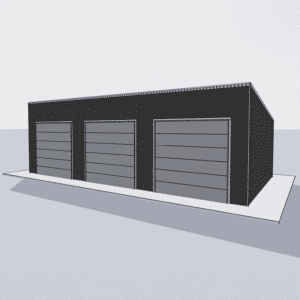In the fast-evolving world of home and vehicle storage, selecting the right type of garage is more crucial than ever. Whether you’re looking to increase the value of your home, protect your vehicle from weather elements, or create a spacious workshop, understanding the different types of garages can make all the difference. In this article, we’ll explore various options, including detached and attached garages, delve into some popular variants like metal garages, and guide you towards making an informed decision.
Understanding Different Types of Garages
When planning to add a garage to your property, it’s essential to consider the benefits and potential drawbacks of each type. From the classic attached garage to modern metal structures, each offers unique advantages suited to different needs.
Detached Garages: Space and Flexibility
Detached garages, as the name suggests, are standalone structures built separately from the main house. They offer unmatched flexibility in terms of design and function. Want a workshop without the noise disturbing your house? A detached garage could be your perfect solution.
These garages allow homeowners to explore extensive garage wall finishing options, enhancing both functionality and aesthetics. Decorate the interior to accommodate anything from an art studio to a mechanic’s dream space, the possibilities are truly endless.
**Pros:**
– Versatility in design and use.
– Less noise and disturbance to the main living area.
– Potential for increased property value.
**Cons:**
– Construction may be more expensive due to separate utility setups.
– May require more yard space.
Attached Garages: Convenience and Ease
Attached garages are built into or adjoined to the main house structure, offering unparalleled convenience, especially during harsh Canadian winters. Imagine stepping directly from the warmth of your house into your vehicle without battling the elements—a dream come true, right?
**Pros:**
– Direct access to the house.
– Generally less expensive than detached garages.
– Easier to connect to existing utilities.
**Cons:**
– Limited design flexibility.
– May impact noise and space in the house.
Exploring Hybrid Designs
Recently, hybrid garage designs have gained popularity, blending the best features of both attached and detached garages. These designs often feature connected breezeways or utilize shared walls with living spaces like mudrooms or sunrooms. Such designs not only maximize space but also offer unique architectural aesthetics and enhanced functionality.
The Rising Popularity of Metal Garages
In recent years, metal garages have emerged as a popular choice among homeowners and car enthusiasts alike. Why? Because they combine durability with affordability, offering solutions that are both robust and environmentally friendly.
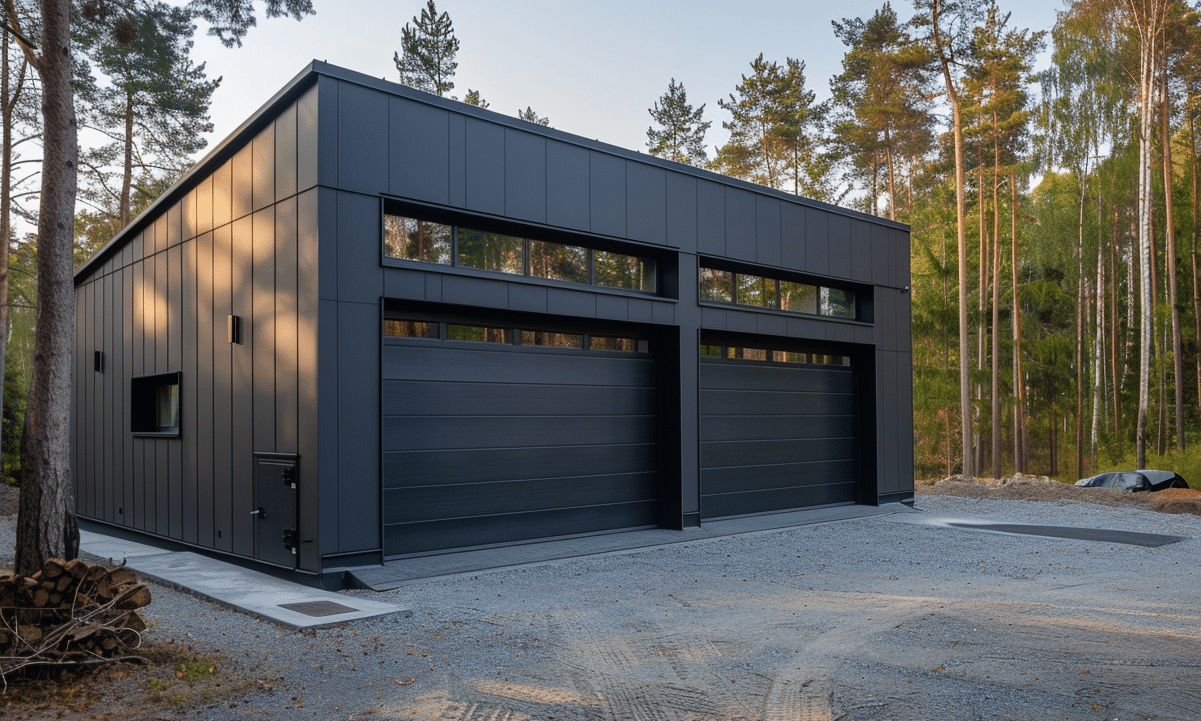
**Advantages of Metal Garages:**
– **Durability:** Metal garages are resistant to pests, rot, and harsh weather conditions, offering a long-term storage solution.
– **Cost-Effectiveness:** Often less expensive to build and maintain compared to traditional wood-framed garages.
– **Sustainability:** Many metal garages are built using recycled materials, making them an eco-friendly choice.
Customizable Packages and Options
Homeowners looking for tailored solutions can explore options like the 16×20 garage package, which provide comprehensive kits complete with all necessary materials and instructions for seamless assembly.
Specialized Garages: From Workshops to Gym Spaces
Beyond the standard garages, specialized types cater to a variety of needs and interests. Whether you’re setting up a home gym, an art studio, or a woodworking shop, the right garage can evolve to fit your passion.
**Workshop Garages:** Ideal for hobbyists and professionals alike, workshop garages offer dedicated space to store tools, materials, and projects without disrupting household activities.
**Gym Garages:** Convert your garage into a personal gym, outfitted with weights, cardio machines, and flexible flooring for yoga or pilates.
These tailored spaces are not only practical but can significantly enhance the quality of life by providing a dedicated area to pursue interests and hobbies.
Building Codes and Regulations: What to Know
Regardless of the type of garage selected, it is crucial to consider local building codes and regulations. Each province or territory in Canada may have specific requirements regarding size limits, foundation types, or material restrictions.
For an in-depth guide to regulations and building codes in your area, especially if you’re considering garage packages in Ontario, consulting with local authorities or a qualified builder is advisable.
Choosing the Right Garage for Your Home
When deciding on the perfect garage type, consider your primary needs—convenience, space, or versatility. Evaluate your property’s available space, budget, and long-term goals for the garage use.
What will your garage’s role be? A storage sanctuary for vehicles, a creative nook, or perhaps the ultimate mancave? Once you understand your needs, choosing between the vast array of options will become significantly easier.
Researching resources like Better Homes & Gardens can also offer creative inspiration and practical advice for integrating your garage into your home aesthetically and functionally.
**Conclusion: Making Your Garage Work for You**
The search for the perfect garage comes down to aligning practicality with vision. Whether you’re leaning towards the adaptable detached garage, the convenient attached version, or the modern metal garages, remember that the right choice will not only enhance your property but also your lifestyle.
Through thoughtful planning and consideration of different types of garages, you can create a personalized space that satisfies both practical requirements and personal aspirations. Whether it stands as a loyal defender against harsh weather or evolves into a dynamic space for creativity and crafts, the choice of garage style plays a vital role in shaping your home’s entire narrative.



